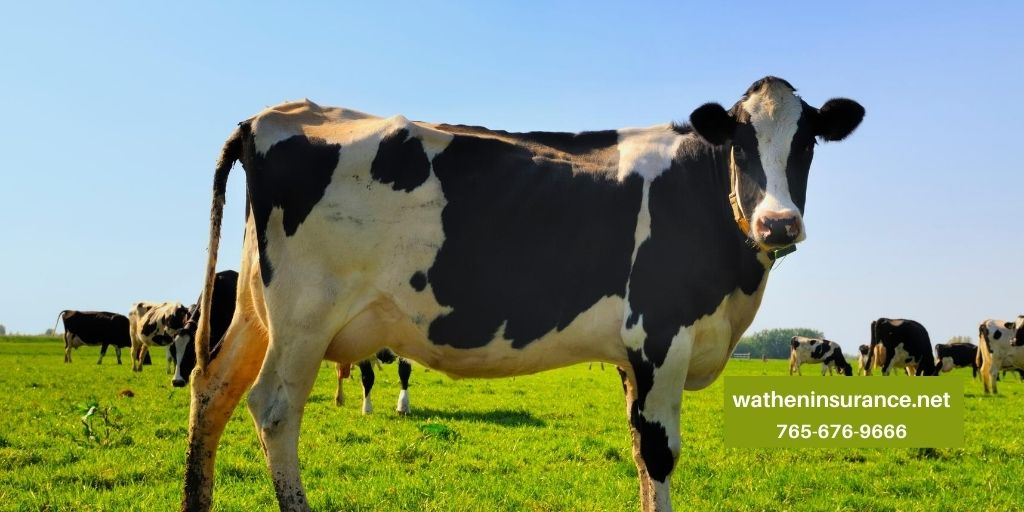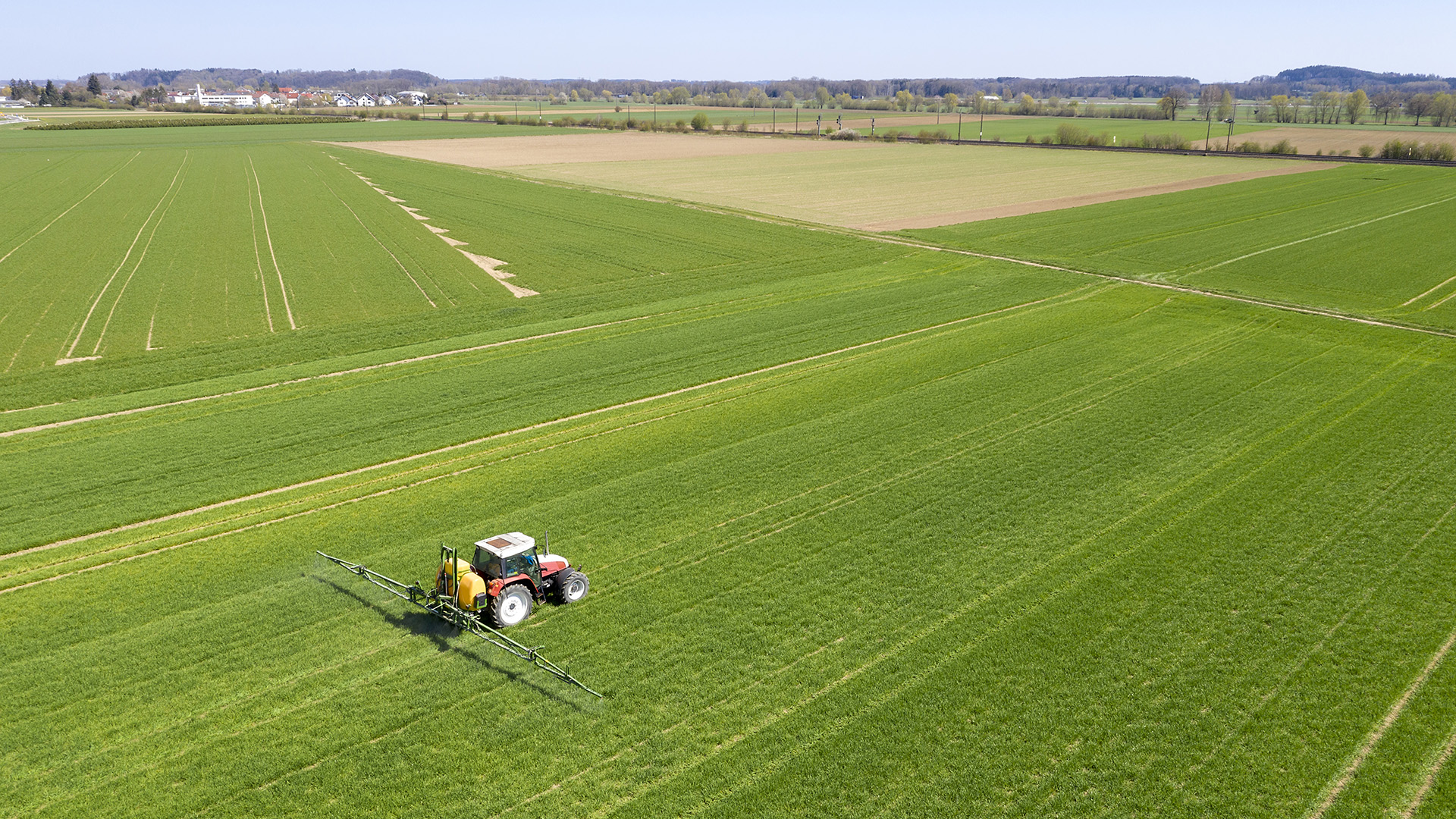A small pasture-based farm located in southwestern Wisconsin is making a big splash with its products and unusual ways of cultivating crops and raising livestock. Unconventional Acres prioritizes sustainability, rotational grazing techniques, improving land health, and animal welfare. Similarly, Blue River Ranch, another small, family-owned farming business out of Hamlin County, South Dakota, focuses on healthy soil, regenerative agriculture, and riverbank easements.
Are these really unconventional ideas, or are they innovative and efficient ways to grow their business?
How Are They Getting the Healthiest Soil?
Both families use rotational grazing as part of their technique in creating the healthiest soil. Establishing and maintaining high-quality soil is challenging in the Midwest, where weather changes in an instant and crop prices jump up and dive down with frequency. One way to avoid disaster is by keeping an updated crop insurance policy. Another way to ensure your soil remains filled with nutrients is rotational grazing.
Rotational grazing is an efficient method to get the most use of your pastures and to maximize beef production per acre. Rational grazing systems implement pasture rotation to eliminate overgrazing while also aiding optimal plant regrowth. This method also allows the same land to be used for grazing many times during a growing season. Some farmers move cattle from paddock to paddock every week, and sometimes even once per day.
The superintendent of the University of Idaho’s Nancy M. Cummings Research, Extension and Education Center, John Hall, assures agricultural entrepreneurs that there isn’t a one-size-fits-all technique in rotational grazing. What matters most is that farmers understand the forage growth phases and the best time to move their livestock. Both Blue River Ranch and Unconventional Acres owners have been using this method for many years, contributing to their enormous success.
Tips on Rotational Grazing Success
Hall has several pieces of advice for farming businesses that are ready to begin rotational grazing.
- Maximize growth phases
- Don’t overgraze any one area
- Learn pasture management skills to adapt to your farm
- Vary your stocking rate (Don’t overstock)
- Adjust your stocking rate to match grass supply
- Use convenient (easily moveable) fencing on irrigated pastures
Why Worry About Regenerative Agriculture? (And What Does It Mean?)
Regenerative agriculture, which some call sustainable agriculture, is the hallmark of Unconventional Acres’ success. To truly focus on regeneration and sustainability, it’s essential that food systems aren’t taking away from the soil or environment in order to maintain Earth’s natural resources.
According to AgFunderNews and Scientific American, approximately one-third of the Earth’s topsoil is already severely degraded. Plus, the United Nations believes that there will be a complete degradation of the world’s topsoil within the next 60 years. Sustainable methods are the only way to combat this escalating issue.
Melissa and Ben, sole owners and first-generation farmers at Unconventional Acres, place their main concern on regenerative agriculture. They do this by combining traditional pasture-based farming with modern science and agricultural technology. Thus, they have the best of both worlds, allowing them to happily achieve farming success while doing so responsibly and sustainably.
Tips on Regenerative Agricultural Success
You may be doing some of these things on your farm already. Here are some extra tips to help Mother Earth remain healthy while you stay in business.
- Use minimal tillage techniques
- Use cover crops
- Implement crop rotation
- Build biological ecosystem diversity using composts or compost extracts
- Carefully manage your grazing practices to increase soil carbon deposits and improve plant growth
- Insure your farming business against low-level production and unexpected income loss
Even those who are tending to a small garden in their backyard can use this advice to keep their lawn and homegrown veggies healthy.
Are you practicing rotational grazing and regenerative agricultural practices already? Give us a call at 765-676-9666 to discuss how you can protect your family’s hard work and hard-earned money. We proudly serve in Indiana and several other surrounding states to keep as many farmers secure as possible.
Are you on Facebook? We are, too! Let’s be friends!





Recent Comments